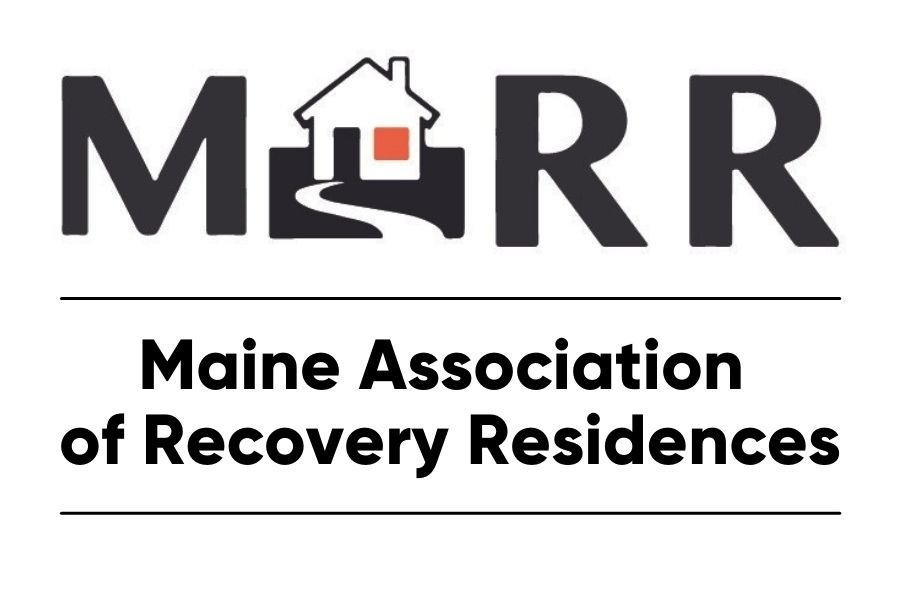Maine Rescinds First-in-the-Nation Cannabis Policy
5/3/2024
By Ron Springel, MD
In late 2020, members of the Maine Association of Recovery Residences began discussing the possibility of formally allowing the use of medical cannabis in its certified residences. When MARR was first certified by the National Alliance for Recovery Residences in 2016, Maine had already permitted medical cannabis use for many years. More recently, recreational cannabis became legal for adults 21 years of age or older.
Maine operators typically discharged a resident they found to be using cannabis or positive for cannabis on a urinalysis drug screen. Many of these residents, whose primary addiction was to heroin (fentanyl) and suffered Opioid Use Disorder (OUD), would then leave the residence and frequently revert to the use of opiates and sometimes suffer serious consequences including fatal overdoses. It seemed to some operators that appropriate use of medical cannabis could occur without return to opioid use if the resident were permitted to stay.
A proposal to allow medical cannabis use under strict circumstances came before the MARR Board of Directors. There was intense discussion and a lack of unanimity, but the Board did decide in November of 2021 to allow the use of cannabis with restrictions. For example, the person would need to present a valid medical cannabis card from an authorized medical provider. The individual would be prohibited from using any combustible or vape form of cannabis (e.g., only gummies, tinctures or edibles permitted) and agree that the cannabis use must not interfere with their progress in recovery. There were other provisions such as procedures for security of the medicine.
Of the 60 certified recovery houses at the time, four adopted the policy and allowed the use of medical cannabis under the policy restrictions. Over the nearly three years between the inception of the policy and February of 2024, operators reported some successes with the program but many complications. The prohibition of combustible cannabis was frequently ignored. There were situations involving overuse there were difficult to address. In some cases, the use of medical cannabis led to a return to drug use involving non-cannabis substances.
As a result, in March of 2024 the MARR Board of Directors rescinded its cannabis policy. The vote was not unanimous. There were several months permitted to adopt the new policy of cannabis prohibition and to allow current residents with a medical card to continue use for the remainder of their residency.
Interestingly, of the four operators who originally permitted medical cannabis, only one objected to the change in policy. The other three had already concluded medical cannabis use was problematic and the benefits were far outweighed by the associated problems. They were in the process of rescinding their polices when the Board decision was made.
When the cannabis policy was first embraced there was a very exhaustive effort to review the medical literature that either supported the use of medical cannabis in a recovery residence setting or it's general use for a variety of medical problems and symptoms. The literature review found no evidence one way or another for the use of medical cannabis in a recovery residence setting. There are several studies however, that found medical cannabis can be effective in certain situations involving pain management and mental health symptoms such as anxiety or treatment of withdrawal symptoms. There is no convincing research to suggest that cannabis is a useful treatment for OUD or other substance use disorders.
Despite the reversal of the cannabis policy, MARR remains open to reconsideration in the future. Such a reconsideration would depend upon research that would specifically address benefits of medical cannabis use in a recovery house setting. Until then MARR regards the “experiment” with cannabis to be a useful exercise and a learning experience for our operators and the MARR Board of Directors.
For further information about their experience with medical cannabis please feel free to reach out to MARR Executive Director, Dr. Ron Springel at Ron@mainerecoveryresidences.com.
